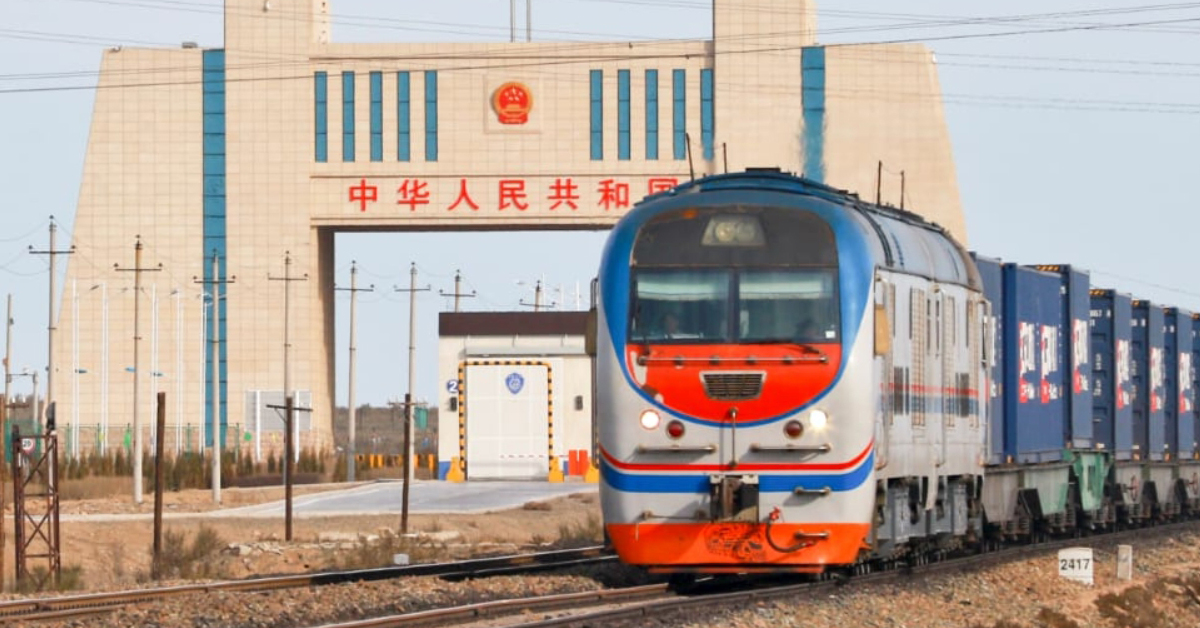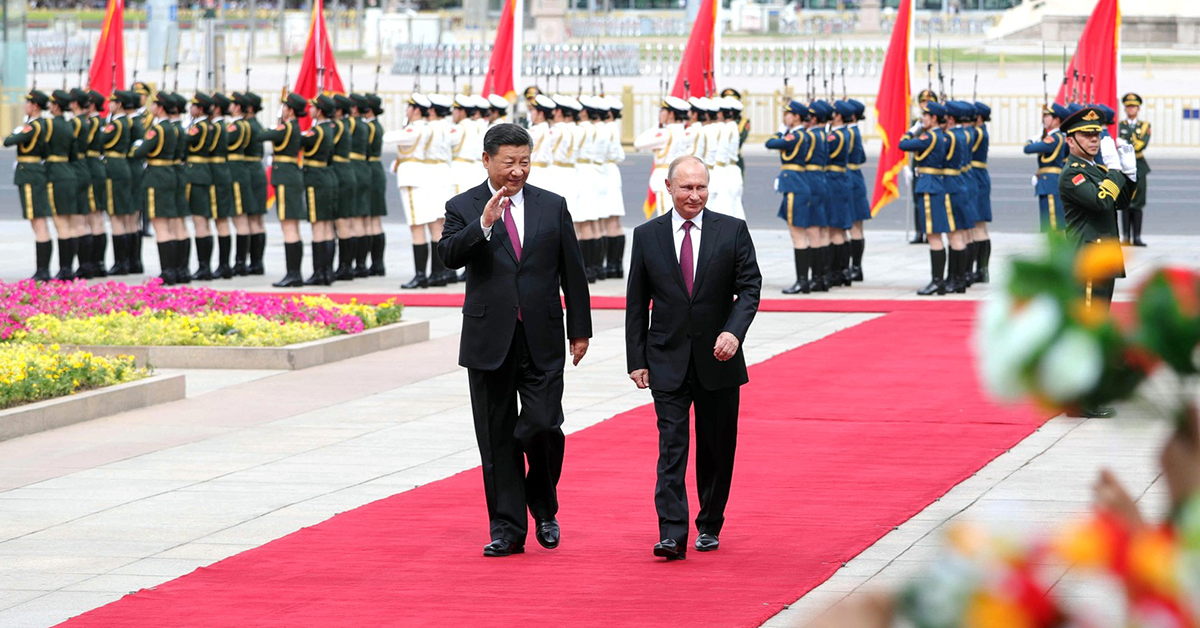Since late March, Shanghai has become the latest front line in China’s zero-tolerance battle against COVID-19. As a result, residents have gone from being proud to live in one of the world’s most dynamic and convenient cities to struggling to secure basic supplies, while living in fear of being sent to vast “fangcang” quarantine centres in the event of a positive test. Meanwhile, almost all factories, restaurants, and stores have closed their doors, and blockages getting to and from the city’s port are causing supply chain issues around the world.
Unsurprisingly, the lockdown of a major international metropolis has drawn attention to the question of why China is making a very different calculus to countries like New Zealand and Singapore, which also successfully controlled the virus during 2020 and 2021, but changed strategy once the virus became more transmissible and milder, and the scientific tools available to tackle it evolved.
According to official statistics, since the start of the outbreak that caused Shanghai’s lockdown, over 90% of those testing positive for COVID-19 have no symptoms, and amidst over 500,000 recorded positive infections only 138 people have died of the virus as of April 25. These statistics reflect both the relative mildness of the Omicron variant, and the fact that most of the city’s population have been vaccinated against COVID-19.
In today’s China, politics comes first, and strict control of COVID-19 has become an important pillar of the Communist Party’s performance-based legitimacy.
The answer is that in today’s China, politics comes first, and strict control of COVID-19 has become an important pillar of the Communist Party’s performance-based legitimacy. During 2020 and 2021, when much of the rest of world was sent into turmoil by the pandemic, high case and death numbers abroad were held up as evidence that China’s political system is superior to “Western-style” liberal democracy. Meanwhile, control of COVID-19 became a key part of the career evaluation process for government officials, with those seen to have failed removed from their jobs.
Survey research from 2020 suggests broad public support for this approach, which successfully delivered tiny death rates compared to the rest of the world, kept the economy open, and cocooned the vast majority of citizens (and foreign residents) in a relatively normal life. At the same time, however, while overall vaccination rates are relatively high, the country was slow to vaccinate elderly people, and provincial healthcare systems remain unprepared for large volumes of COVID-19 infections.
This context creates challenges given that the highly transmissible but milder Omicron variant, coupled with vaccines, means “COVID-zero” necessitates ever-more draconian lockdowns in the face of a much less severe disease for the overwhelming majority of the people who catch it. However, these challenges are not insurmountable. For example, many have pointed out that the extensive medical and bureaucratic resources funnelled into citywide mass testing could instead be channelled into vaccinating the elderly.
Instead, the zero-COVID policy is hard to change mainly because China’s political system has long tended to favour stability, and because President Xi Jinping has become highly personally associated with the “COVID-zero” approach. The upcoming 20th National Congress of the Chinese Communist Party scheduled for this Autumn, at which President Xi is expected to seek (and secure) a third term in office, compounds the pressure to prioritise stability and continuity above all else.
Some of the country’s top scientists have pointed out that the zero-tolerance approach cannot go on forever. Likewise, a widely shared leaked recording of an apparent conversation between a local CDC official and a resident suggests there is appetite amongst the city’s health professionals to change strategy, given that the scientific reality of 2022 is vastly different from that of 2020. However, the political reality is that they cannot, at least for the moment. For Shanghai, that means we continue to wait.
This article gives the views of the author, and not the position of the China Foresight Forum, LSE IDEAS, nor The London School of Economics and Political Science.
The blog image, “Hubei medical team aid Shanghai COVID-19 community testing by CNS-20220404“, is licensed under CC BY 3.0.





